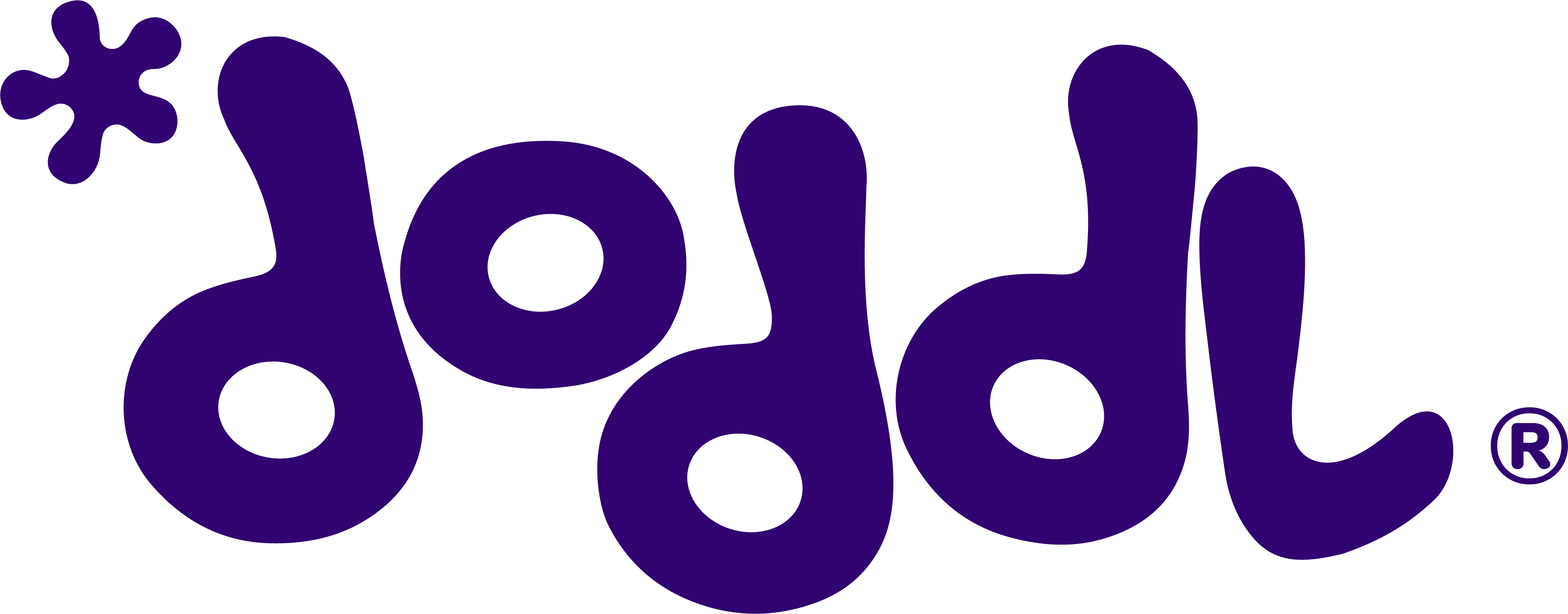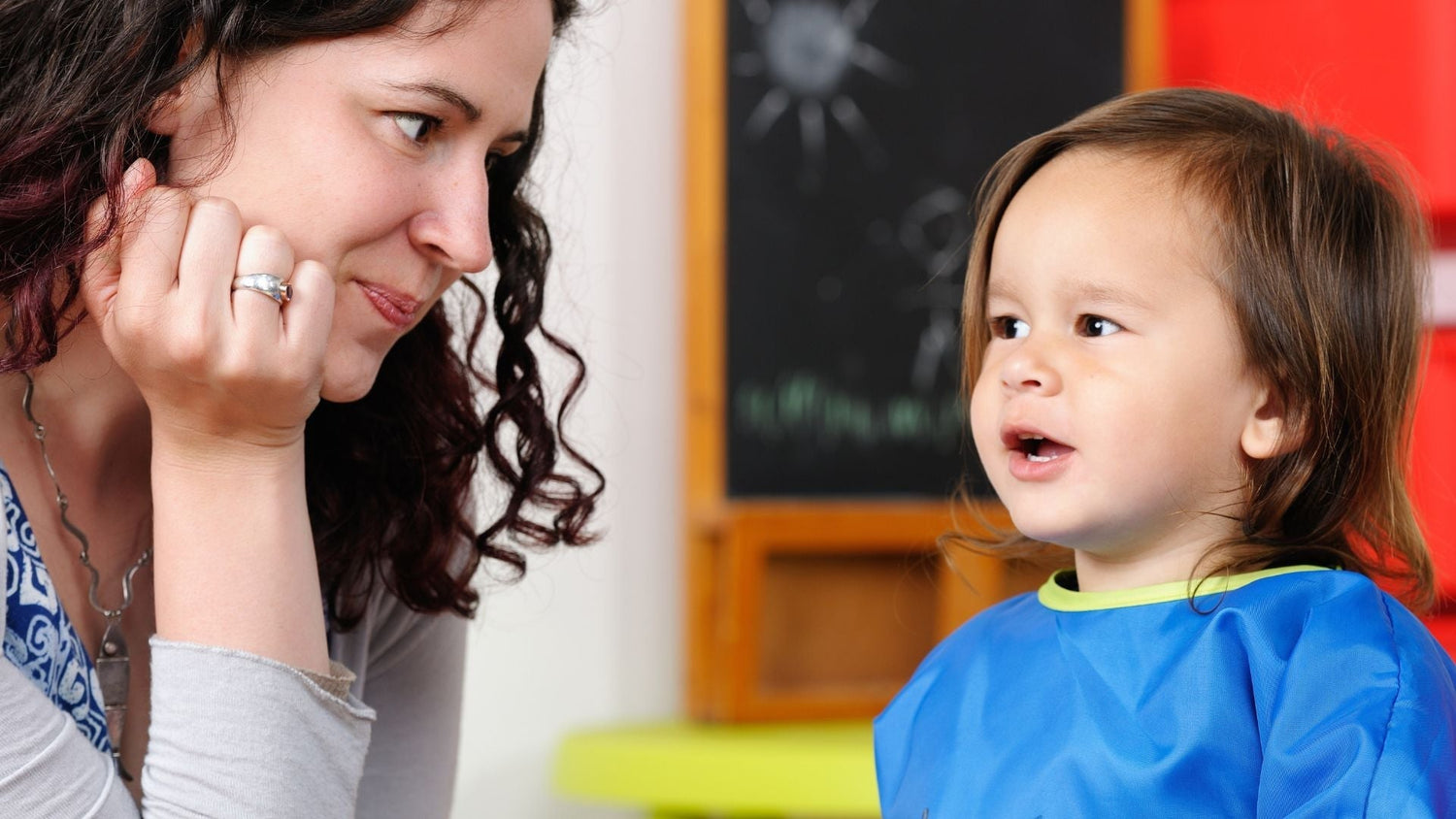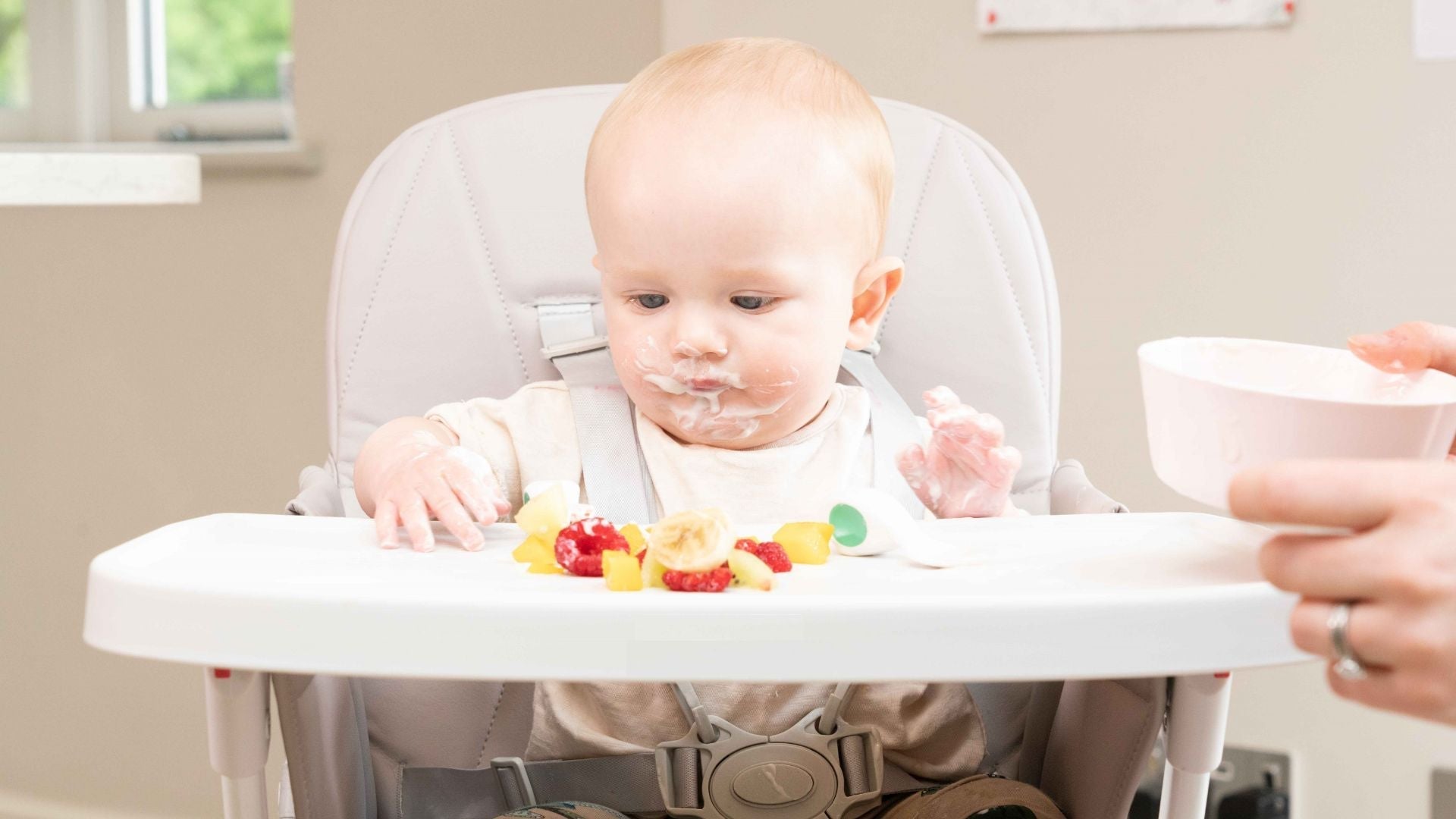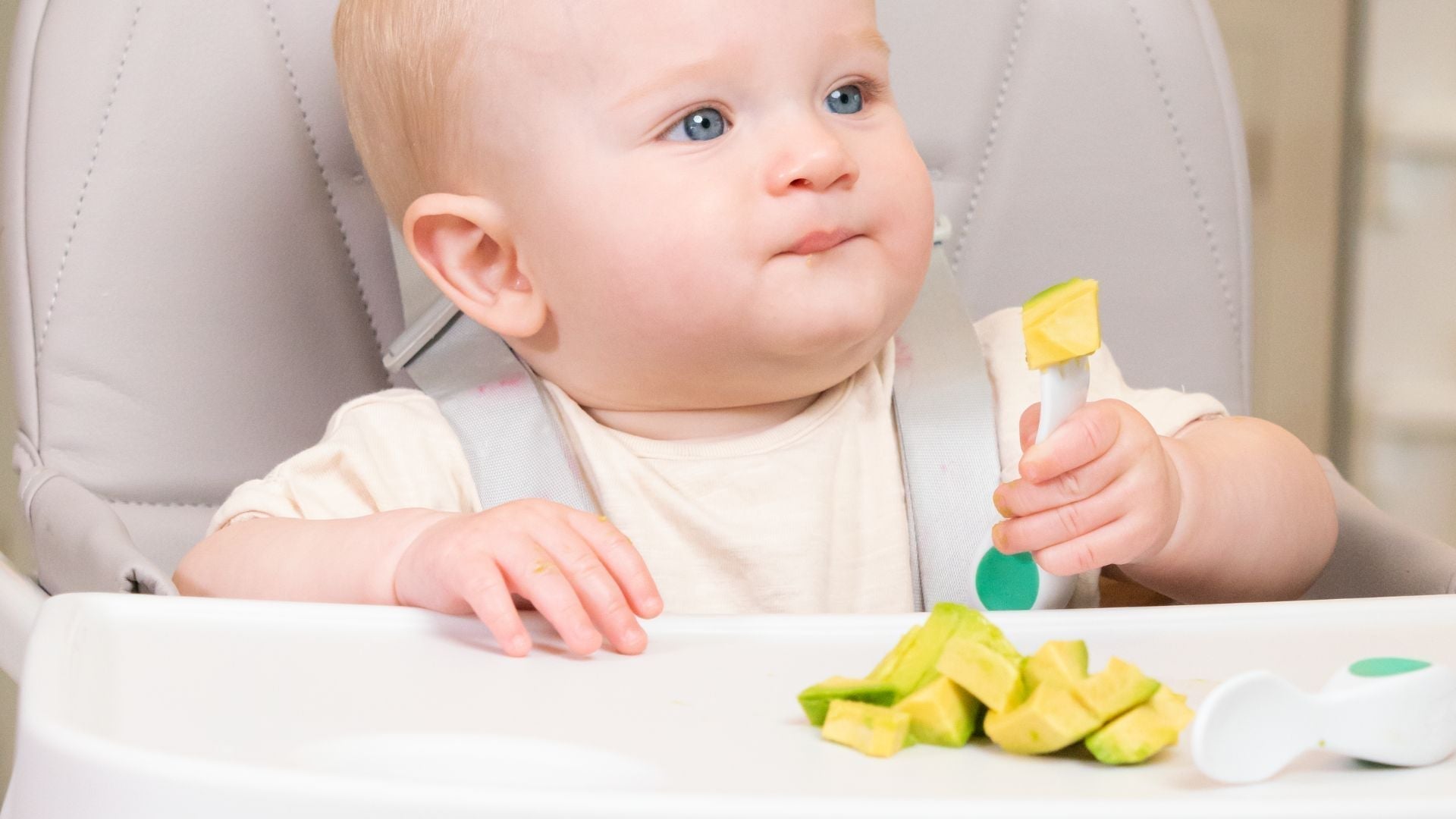As a parent or caregiver, you know that the toddler years are a time of incredible growth and development. Your little one is like a sponge, soaking up new words, ideas, and experiences every day. One of the best ways to support their language skills and cognitive development is through engaging conversations. But sometimes, it can be tough to know where to start or how to keep the chatter going.
That's where we come in! We've put together a collection of simple, fun, and effective conversation starters that are perfect for toddlers. You'll discover:
- Why conversation starters are so important for your child's development
- Types of conversation starters for different situations and settings
- Tips for using conversation starters effectively
- Fun prompts that spark imagination and creativity
- How conversation starters can boost language skills and emotional intelligence
Whether you're a first-time parent, a seasoned pro, or a loving grandparent, this blog is here to help you ignite your toddler's imagination, encourage their natural curiosity, and create countless opportunities for meaningful chats and bonding moments. So, let's dive in and get those little chatterboxes talking!
Why conversation starters are essential for toddlers
As your little one grows and explores the world around them, engaging in meaningful conversations plays a crucial role in their early childhood development. Conversation starters not only help improve your toddler's communication skills but also:
- Enhance their vocabulary
- Support social development
- Encourage creative thinking
- Strengthen the bond between you and your child
Types of conversation starters for different situations

Everyday moments
Daily routines offer plenty of natural opportunities for engaging dialogue. Try these conversation starters during:
- Mealtime: "What's your favourite food on the plate today?"
- Playtime: "What adventure should we go on with your toys?"
- Bedtime: "What was the best part of your day?"
Remember, even the simplest moments can spark the most delightful conversations!
Creative play scenarios
Imaginative play is a goldmine for language development. Encourage your toddler to pretend to be:
- Animals: "What sound does a lion make? Can you roar like one?"
- Superheroes: "If you had superpowers, what would they be?"
- Characters from favourite stories: "Let's imagine we're in the story. What would you do?"
Watch as your little one's creativity soars and their vocabulary expands!
Outdoor adventures
The great outdoors is full of wonders that can inspire curious minds. When you're at the park or on a nature walk, try these conversation starters:
- "What colours do you see in the sky today?"
- "Can you spot any animals or bugs around us?"
- "How does the wind feel on your face?"
Encouraging your toddler to express their observations and feelings will help them connect with the world around them.
Tips for effectively using conversation starters
Be attentive and engaged
When chatting with your toddler, give them your full attention. Put away distractions, make eye contact, and show genuine interest in what they have to say. Your little one will feel valued and more eager to engage in conversations when they know you're truly listening.
Choose age-appropriate questions
Keep your conversation starters simple and relatable to your toddler's experiences. For example:
- "What's your favourite toy to play with?"
- "If you could be any animal, what would you be and why?"
- "What makes you feel happy?"
Avoid complex questions that might confuse or frustrate them, and keep the tone light and fun!
Encourage open-ended responses
Steer clear of yes/no questions and opt for open-ended ones that encourage your toddler to express themselves more fully. Instead of asking, "Did you like the story?" try:
- "What was your favourite part of the story?"
- "How did the story make you feel?"
- "If you could change the ending, what would happen?"
These questions provide an opportunity for your child to think critically and use their imagination, all while boosting their language skills.
Fun conversation starters that spark imagination

Favourite colours and shapes
Toddlers love exploring the world of colours and shapes. Spark a conversation by asking:
- "What's your favourite colour? Can you find something in the room that's the same colour?"
- "Look at that cloud! What shape does it remind you of?"
- "If you could paint a picture, what colours would you use?"
Magical creatures and fantasy
Let your toddler's imagination run wild with these enchanting conversation starters:
- "If you could have a magical pet, what would it be?"
- "What do you think fairies do all day?"
- "Let's make up a story about a friendly dragon!"
What would you rather?
Toddlers love silly scenarios! Try these "Would You Rather" questions for giggles and great chats:
- "Would you rather have a purple nose or green ears?"
- "Would you rather live in a gingerbread house or a castle made of ice cream?"
- "Would you rather be able to fly like a bird or swim like a fish?"
Boosting language skills with conversation starters
Vocabulary building through discussions
Every conversation is an opportunity to introduce new words to your toddler's vocabulary. If they point to a "doggy," you can expand by saying, "Yes, that's a big, fluffy golden retriever!" Repeat new words in different contexts to reinforce their meaning and help your child commit them to memory.
Exploring emotions and feelings
Conversation starters are a fantastic way to help your toddler identify and express their emotions. Try prompts like:
- "How do you feel when you get a big hug?"
- "What makes you feel scared?"
- "Can you show me your happy face?"
By discussing emotions, you're helping your child develop essential social and emotional skills that will serve them well throughout their life.
Connection through conversation

Engaging in meaningful conversations with your toddler not only supports their language development but also strengthens the bond between you. By showing interest in their thoughts, feelings, and ideas, you're building a foundation of trust and open communication that will last a lifetime. So, keep exploring, keep chatting, and most importantly, keep having fun together!
For more helpful tips and advice on all things toddler-related, be sure to check out our toddler tips & advice. From mealtime struggles to developmental milestones and everything in between, we've got you covered with expert insights and practical solutions to help you navigate the wonderful world of toddlerhood.




Leave a comment
This site is protected by hCaptcha and the hCaptcha Privacy Policy and Terms of Service apply.